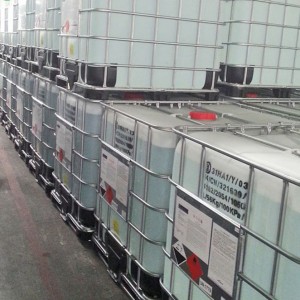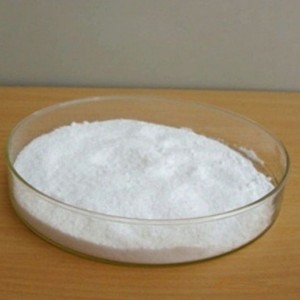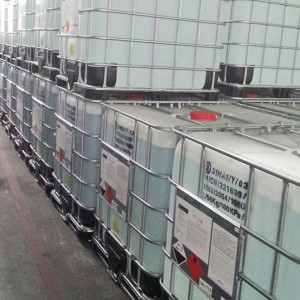Potassium tartrate/ Cream of tartar/ CAS:921-53-9
specification
|
Item |
Specifications |
|
Appearance |
crystal or powder |
|
Colour |
White |
|
Assay |
99.0 - 101.0% |
|
Density |
1.954 g/mL at 25 °C (lit.) |
|
Vapor pressure |
0 Pa at 25 °C |
|
Flash point |
200 - 220 °C |
|
Decomposition |
200 - 220 ºC |
|
Loss on drying |
≤ 0.5% |
Usage
Uses of Potassium Tartrate Potassium tartrate, a white crystalline or powdery compound, has diverse applications across multiple industries due to its chemical properties like chelating ability and stability. Its key uses are as follows:
1. Food Industry. It is widely used as a food additive, primarily functioning as:
- A chelating agent m to bind metal ions (e.g., calcium, iron) in food, preventing undesirable texture or color changes and extending shelf life.
- A sequestrant to enhance the effectiveness of antioxidants and stabilize food ingredients, such as in processed meats, beverages, and baked goods.
-A buffering agent to regulate and maintain the pH of food products, ensuring consistent taste and quality (e.g., in jams, jellies, and dairy-based desserts).
- A component in some baking powders or as a leavening aid, helping dough rise evenly.
2. Pharmaceutical Industry. In pharmaceutical formulations, it serves as:
- An excipient to improve the stability, solubility, or bioavailability of active pharmaceutical ingredients (APIs) in tablets, capsules, or liquid medications. - A mild laxative in certain over-the-counter (OTC) digestive products, leveraging its ability to promote bowel movements by increasing intestinal water content.
3. Chemical & Industrial Sector
- It acts as a reducing agent in metal plating processes (e.g., for silver or copper coatings) and as a complexing agent to control metal ion concentrations in industrial solutions.
- It is used in the production of specialty coatings, inks, and dyes, where it helps adjust viscosity and enhance adhesion to surfaces. - In analytical chemistry, it is sometimes used as a standard reagent for calibrating instruments or in titration experiments.
4. Other Applications
- It is an ingredient in some cosmetic and personal care products (e.g., skin lotions, hair conditioners) to adjust pH and improve product texture.
- Historically, it was used in winemaking to precipitate excess tartaric acid (as "wine diamonds") and clarify wine, though modern winemaking now uses more refined methods.
Packaging and Shipping
25KG/Drum or as customer requirements.
Belongs to common goods and can deliver by ocean and air
Keep and storage
Shelf life:24 month from date of manufacture in original unopened packaging stored in a cool dry place out of direct sunlight, water.
Ventilated warehouse, Low temperature drying, Separated from oxidants, acids.














